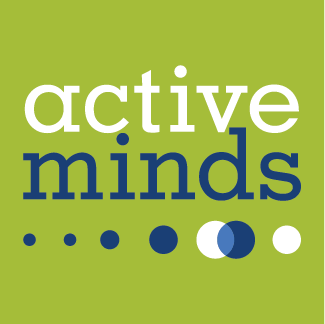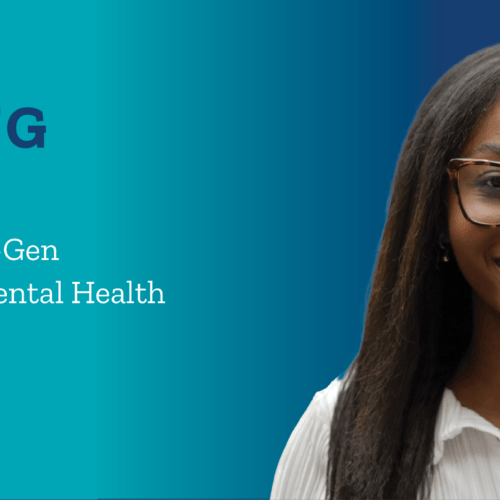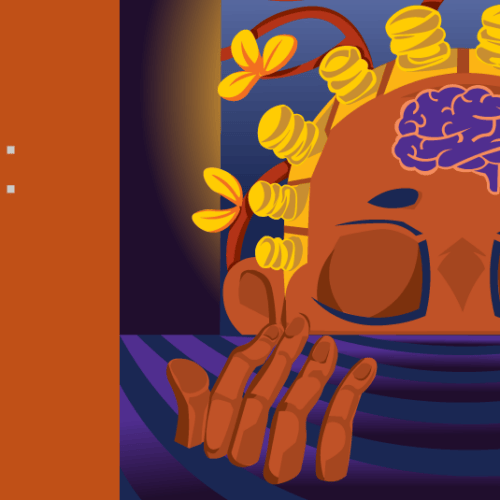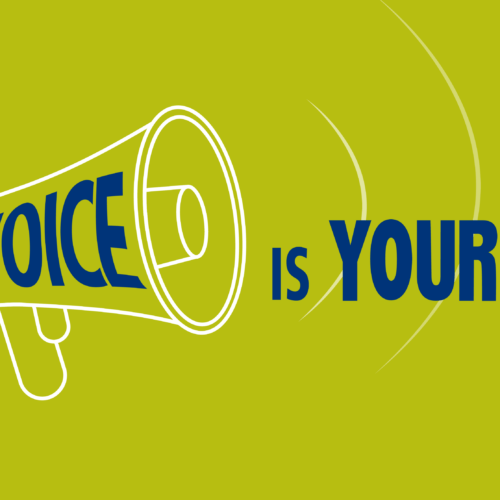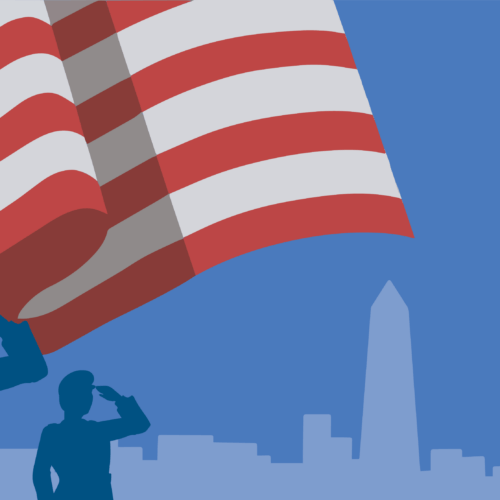Isolation. No one ever told me how hard it would be to navigate my mental health as one of the many first-generation students entering college each year. I sat in my single dorm room for 48 hours after my guardian moved me in to avoid interacting with the people living on my floor. I sat in the dorm room without a bathroom or proper food. I ignored my RA’s knock for the first week. I held my breath and avoided any possible movement when she approached my door.
Guilt. I am a first-generation student, the first of my parents and guardian to attend a four-year college or university. The knowledge of being the first plays in the back of my head as I experience amazing opportunities over my college career, like studying abroad, attending conferences, and enjoying campus-wide mental health events. Knowing my family never experienced or will ever share these moments causes my gratitude to be overwhelmed with guilt.
Confusion. I looked at my Gmail tab, utterly confused about how to write an email to my professor. I could not call home because no one at home had emailed a professor before. I was navigating unfamiliar territory.
Isolation, confusion, guilt, stress, sadness, anxiety, pressure, gratitude, and imposter syndrome are only a handful of the emotions first-generation students experience. I was born and raised in Nassau, Bahamas, where conversations about mental health are greeted with silence and judgmental whispers. Like many others in the BIPOC (Black, Indigenous, and People of Color) community, it took me eighteen years to learn about mental health and how to navigate my emotions better. My “Building Sexual Wellness” class was the first time I heard about mental health.
This newfound knowledge made me an advocate and peer health educator for the Office of Wellness and Health Promotion at Hartwick College. That’s when my fantastic supervisor, Heidi Tanner, forwarded the email about the Active Minds Emerging Scholars Fellowship and urged me to apply. It was a semester of funded mental health research for and about BIPOC communities generously supported by the Scattergood Foundation for Behavioral Health.
Active Minds and the Scattergood Foundation for Behavioral Health allowed me to research a topic I was passionate about. My project, titled “Bridging the Gap: First Generation Students and Mental Health,” is about first-generation students’ mental health and lived experiences. I wanted to learn more and actively break the stigma surrounding mental health and seeking help in the BIPOC community. My project explored five questions:
- What negative emotions do first-generation students experience?
- How do these negative emotions impact their mental health?
- What mental health conditions do first-generation students experience?
- What hinders first-generation students from getting the help they need?
- How can we support first-generation students during their college journey?
At the beginning of the spring semester, I sent out a survey I created to explore my five questions. The survey explored:
- Emotions students felt,
- Who students turned to for mental health help,
- How often students sought help,
- What hindered students from seeking help, and
- Mental health conditions students were diagnosed with.
I then conducted two focus groups to explore recurring and concerning topics in the survey and literary research. The most significant emotion felt by BIPOC students was guilt, and for first-generation students, they were stress, pressure, and gratitude.
The stress was caused by navigating a new environment, working on-campus or off-campus jobs to alleviate financial burdens, course workload, advising, and the lack of knowledge of on-campus resources. The pressure stemmed from expectations — specifically, the expectation to overperform academically because of the sacrifices parents made, to travel back and forth from school and college to fulfill family obligations, to enroll in a “high value” major they may not have a strong interest in. First-generation students expressed gratitude for being given the opportunity to continue their education.
I found that the majority of students did seek help, but there was also a significant amount that suffered in silence. Students were discouraged from seeking mental health help because of lacking resources, missing trust, and embarrassment. Those that sought help preferred personal over professional help, turning to close friends and family members rather than on-campus and off-campus counselors. Students used the open-ended portion of the survey to share their struggles with mental health. Depression, anxiety, and PTSD were the most prevalent mental health conditions. The majority of the students were afraid to be diagnosed.
The Emerging Scholars Fellowship made me a voice for my community. The fellowship also opened my eyes to the work that needs to be done to improve the experiences of BIPOC and first-generation students as they navigate academia. I plan to continue my research and support incoming first-generation students through my “New to the Nest” newsletter for first-generation students and “Flying First,” a celebration of first-generation Hartwick Hawks and their families.


